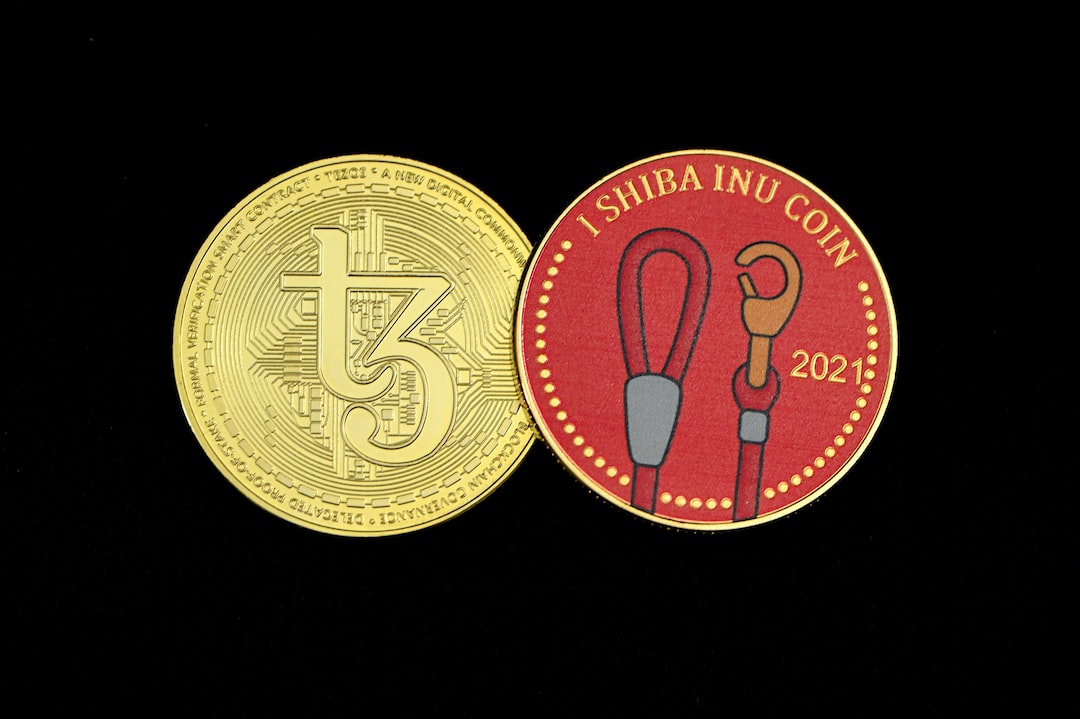Citibank Explores Potential of CBDCs for Securities Settlements
Citibank conducted a survey on the potential of Central Bank Digital Currencies (CBDCs) to improve securities settlements. The survey found that CBDCs, which are digital currencies backed by national central banks, could offer faster and more efficient settlement processes for securities firms. This is significant as securities transactions play a crucial role in the global financial system. By minimizing delays, reducing costs, and mitigating risks, CBDCs have the potential to transform not only securities but also other aspects of banking. This aligns with the growing trend of financial institutions worldwide focusing on digital currencies, particularly CBDCs, to streamline operations and enhance customer experiences.
Key Points:
1. CBDCs promise quicker and more efficient settlements for securities firms.
2. Improved settlement speed can have profound implications for the global financial system.
3. CBDCs can minimize delays, reduce costs, and mitigate risks associated with traditional settlement methods.
4. Citibank recognizes the potential of CBDCs to transform securities and other banking facets.
5. Full-scale implementation of CBDCs in securities settlements requires careful planning, including interoperability, regulatory harmony, and technological infrastructure.
Hot Take: CBDCs and the Control of Central Banks
The Citibank survey highlights the advantages of central banks being able to utilize their own CBDCs. However, it raises concerns about the potential for total control over finances by governments and central banks. While CBDCs offer benefits in terms of efficiency and streamlining operations, the risk of imposing financial stricture and controlling individuals’ access to the system is a point of contention. The article suggests that widespread implementation of CBDCs is seen as the only chance for the existing system to maintain control and power. This raises questions about the balance between innovation and personal freedoms in the financial system.
Disclaimer: This article provides information and is not intended as legal, tax, investment, financial, or other advice. The opinions expressed are those of the author and do not necessarily reflect the views of Citibank or its affiliates.





 By
By
 By
By

 By
By
 By
By
 By
By